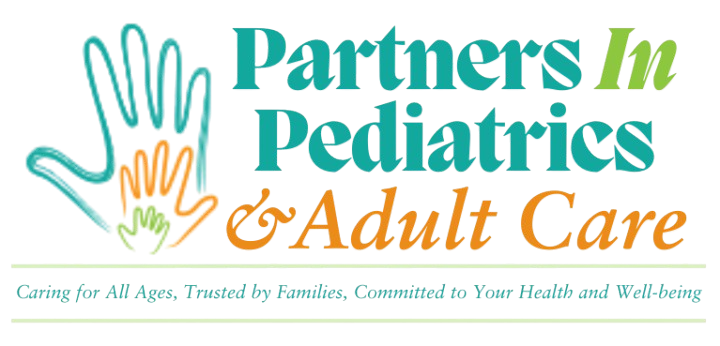
What Is Arthritis?
Arthritis is a condition characterized by pain, stiffness, and swelling in the joints. It can lead to decreased mobility and, over time, severe joint damage. Two common forms of arthritis include:
- Osteoarthritis: Caused by the gradual wearing down of cartilage that cushions the bones in a joint.
- Rheumatoid arthritis: An autoimmune disorder causing inflammation in the joint lining.
Although arthritis is more common in older adults, it can affect people of all ages, including athletes who may develop arthritis from joint overuse or injury, as well as children.
Request an AppointmentOther Types of Arthritis
Besides osteoarthritis and rheumatoid arthritis, there are other forms, including:
- Gout: Caused by a buildup of uric acid in the body, leading to painful, swollen, red, and inflamed joints.
- Psoriatic arthritis: Occurs in people with psoriasis, a skin condition with red, scaly patches. This autoimmune arthritis causes joint inflammation, stiffness, and pain.
Diagnosis of Arthritis
Diagnosis involves a combination of a physical examination, imaging, and laboratory tests to assess joint health and identify the type of arthritis. Common diagnostic tools include:
- Blood tests
- Urinalysis
- Joint fluid analysis
- X-rays
- MRI scans
- Arthroscopy (a minimally invasive procedure to view joint damage)
Treatment for Arthritis
Arthritis treatment depends on the type and severity of symptoms and may include:
- Medications to control pain, reduce inflammation, and slow joint damage progression
- Exercise and physical therapy to maintain joint flexibility and strength
- Surgery in severe cases to repair tendons or replace damaged joints
- Lifestyle changes such as weight loss, a healthy diet, and regular exercise
- Heat and cold therapy to relieve pain and swelling
- Use of assistive devices like canes or walkers to aid mobility
Effective management often combines medical treatment with lifestyle adaptations to improve quality of life and joint function.
